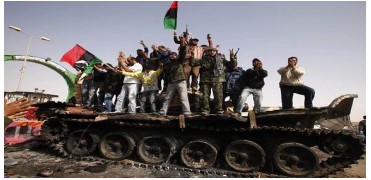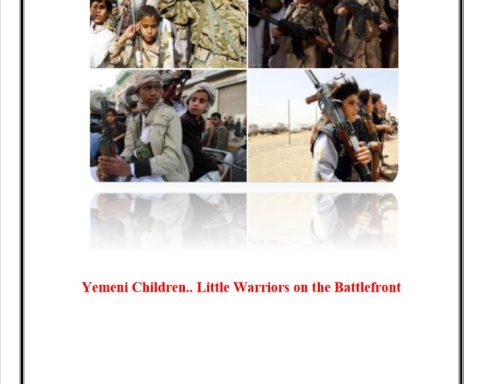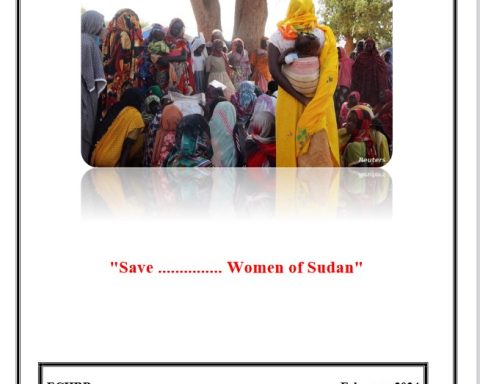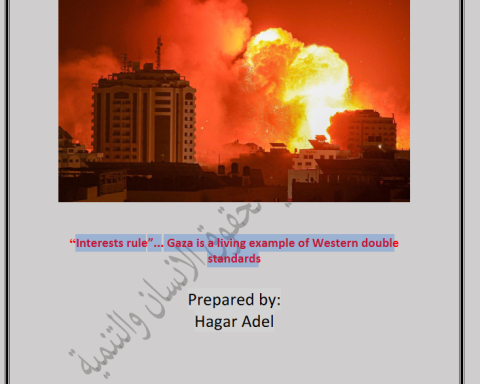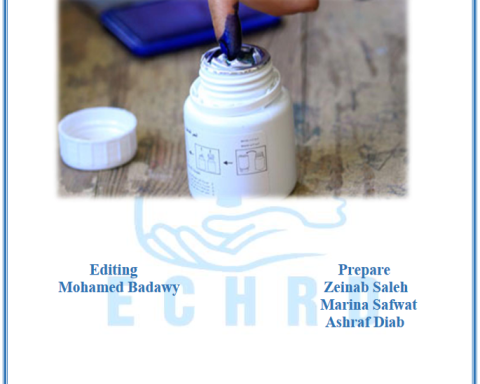Despite the passage of more than a decade since the popular uprising against
the regime of Colonel “Muammar Gaddafi”, Libya has not witnessed any
stability, as it has become an arena of struggle for armed militias competing
for power, which in turn summoned regional and international powers, which
turned the country into an arena of regional conflict. Therefore, the Libyan
citizen alone pays the bill for these conflicts and political divisions, which in
turn led to a collapse in all fields, including health, education, the economy,
severe fuel shortages, worsening unemployment and corruption, and
consequently increasing burdens on Libyan families.
Libya is now witnessing a critical stage, as the Libyan presidential elections
were scheduled to be held on 24 December 2021, as it was a golden
opportunity to push the economy forward, and lay the foundation for a stable
democratic society. However, the proposal of the High Electoral Commission
in Libya to postpone the presidential elections for one month broke the hopes
of the people to open a new page of democracy, and soon attempts to
hold presidential elections again in 2022 failed because of the lack of
consensus between the two parties, namely the State Council and the House
of Representatives, on a constitutional framework on the basis of which the
organization of the electoral process will be resumed because of differences
over the conditions for candidacy for the presidency.
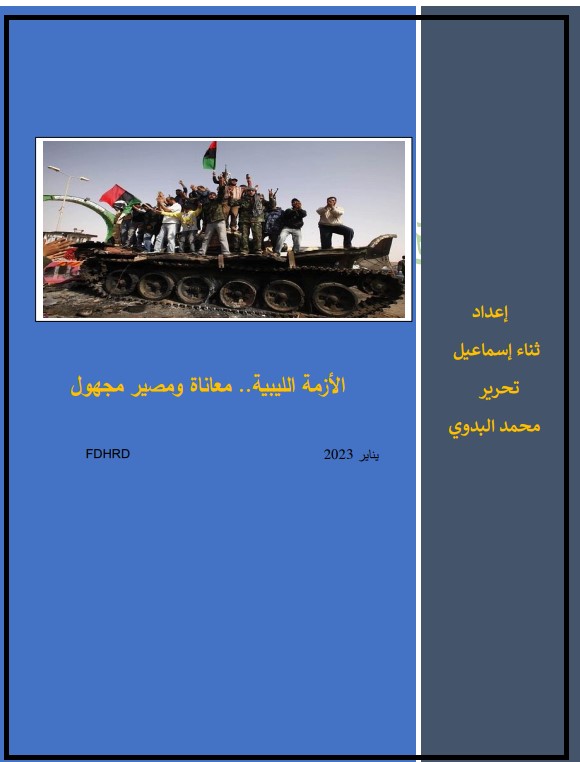
Latest from Publications
The report points out the Houthi group recruits children and forces them to fight in its
The report points out that the Rapid Support Forces have committed the most heinous crimes in
Concerning the political climate, the report indicates that Egyptian President Abdel Fattah El-Sisi launched the National
These measures are represented in the exploitation of the Western media to spread rumors and false
The report monitored:• (27) electoral conferences for the candidate Mr. Abdel Fattah Al-Sisi in different governorates,

